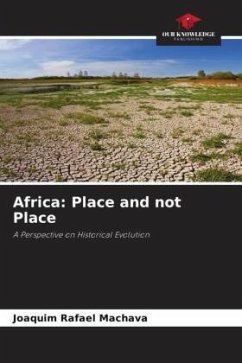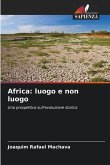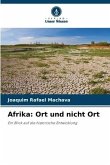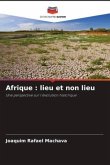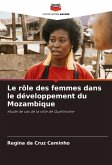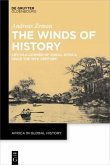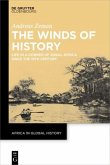The book presents several articles in which the first analyses some concepts and visions on the role of the United Nations in the process of African Liberation, seeking a reflection on the changes in the perception and interpretation of the African political, social and economic environment in different phases. It sought to reflect on the significance of the landscapes of fear that have characterised and characterise the black continent to this day. It also establishes the relationship between the stance of political elites and the transfiguration of those landscapes in the light of post-WWII events correlated to the neo-colonial phenomenon. The Second points to the phenomenon of Erosion as one of the main forms of environmental degradation peculiar to developing countries. Its impacts are mainly manifested in agriculture as well as in land use planning. This aggravates the hunger situation of an ever-growing population in those countries and the occurrence of floods in low-lyingareas where the majority of the population, i.e. the less favoured classes, live.
Bitte wählen Sie Ihr Anliegen aus.
Rechnungen
Retourenschein anfordern
Bestellstatus
Storno

